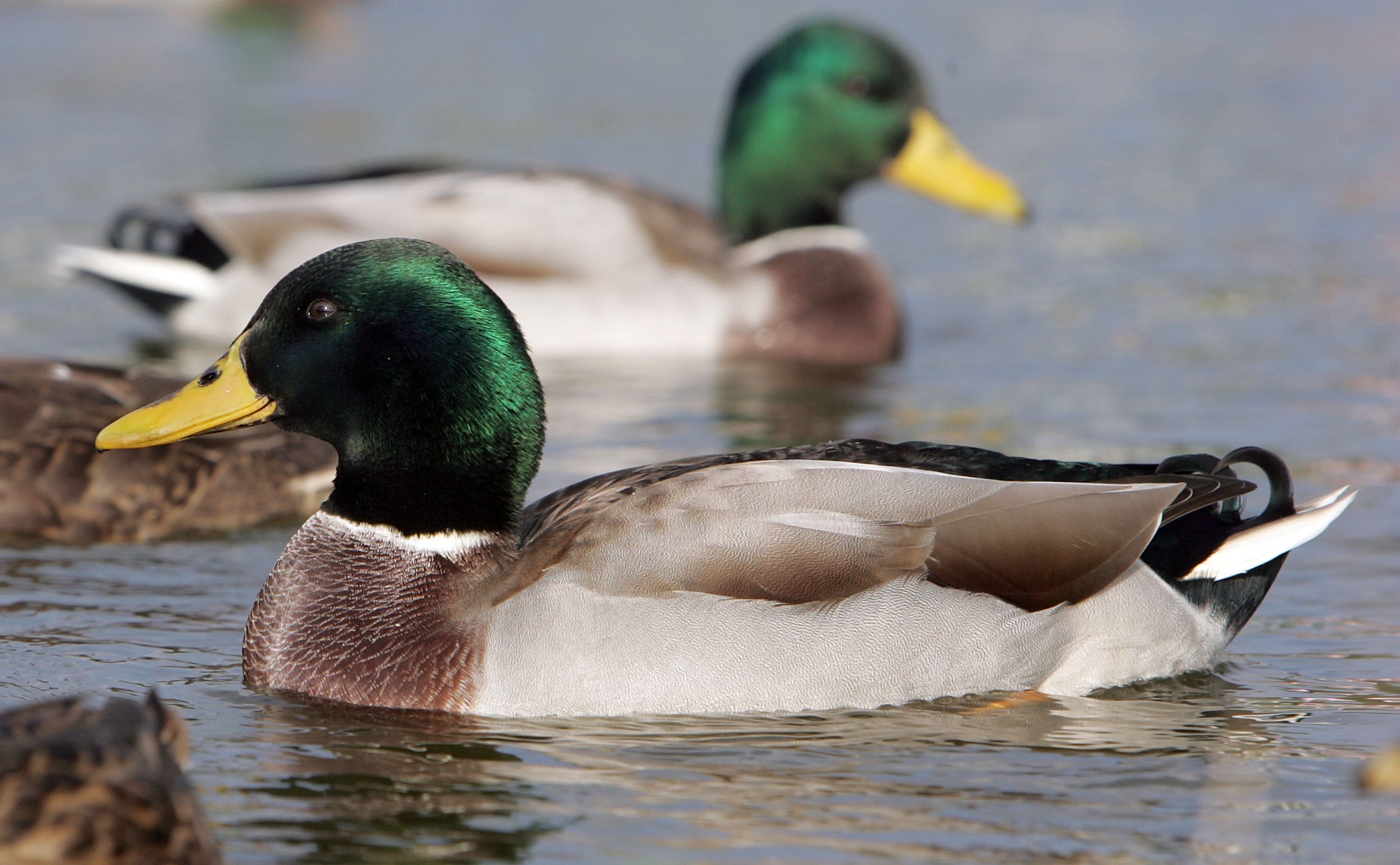What is bird flu and what are the symptoms?
Bird flu, also known as avian influenza, is the name for a number of different virus strains that infect birds

Your support helps us to tell the story
From reproductive rights to climate change to Big Tech, The Independent is on the ground when the story is developing. Whether it's investigating the financials of Elon Musk's pro-Trump PAC or producing our latest documentary, 'The A Word', which shines a light on the American women fighting for reproductive rights, we know how important it is to parse out the facts from the messaging.
At such a critical moment in US history, we need reporters on the ground. Your donation allows us to keep sending journalists to speak to both sides of the story.
The Independent is trusted by Americans across the entire political spectrum. And unlike many other quality news outlets, we choose not to lock Americans out of our reporting and analysis with paywalls. We believe quality journalism should be available to everyone, paid for by those who can afford it.
Your support makes all the difference.A number of bird flu outbreaks have occurred across the UK in the last 10 days, with the latest in Herefordshire leading to the implementation of a prevention zone across England, Wales and Scotland.
The other two instances were found in Gloucestershire, Dorset and Devon on Wednesday, and in Cheshire on November 2.
The Department for Environment, Food and Rural Affairs (Defra) today confirmed an investigation has been launched into the outbreaks of the disease.
A number of bird flu cases have been reported across Europe, such as Dutch officials ordering a cull of 48,000 chickens following a slew of cases.
But what is the disease that has been on found farms on the continent, and what are the symptoms?
Bird flu, also known as avian influenza, is the name for a number of different virus strains that infect birds.
The vast majority of strains of the virus do not infect humans. To date there have been no recorded cases of a human infected with bird flu in the UK.
In rare cases humans can catch the virus when coming into contact with live infected birds, with those working with poultry particularly at risk.
The symptoms if you do somehow catch it include a very high temperature, sickness, stomach pain, aching muscles and a cough.
According to the World Health Organisation (WHO) the first human outbreak of the virus was found in Hong Kong in 1997.
A three-year-old boy died of respiratory failure in a Hong Kong hospital and months later the cause of death was established to be H5N1 avian influenza.
The outbreak was linked to handling infected poultry.


Join our commenting forum
Join thought-provoking conversations, follow other Independent readers and see their replies
Comments